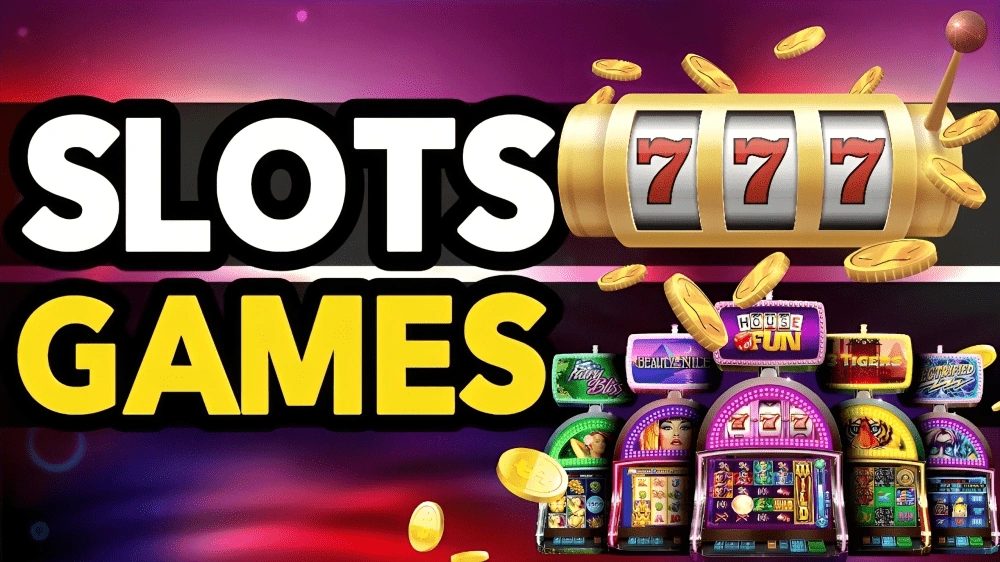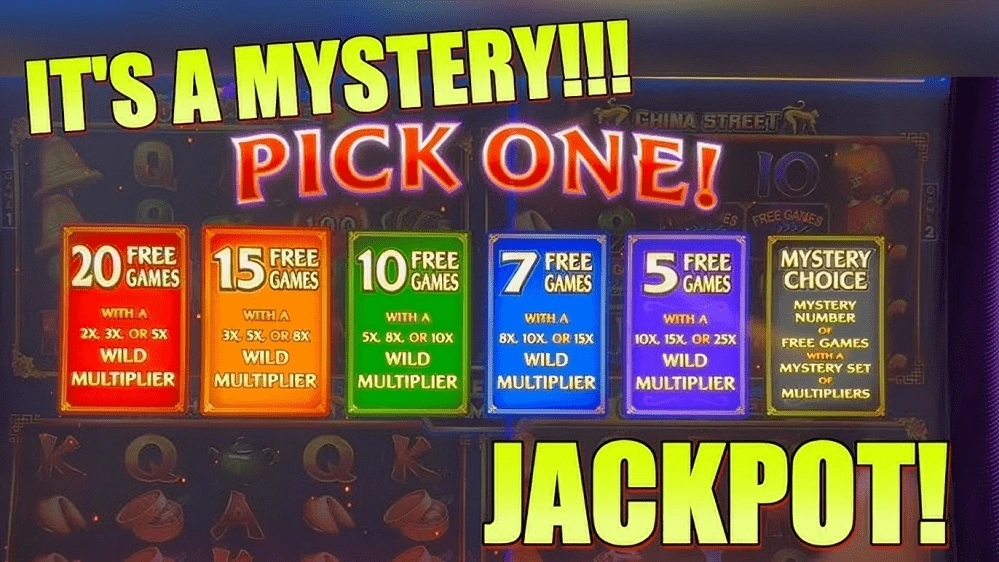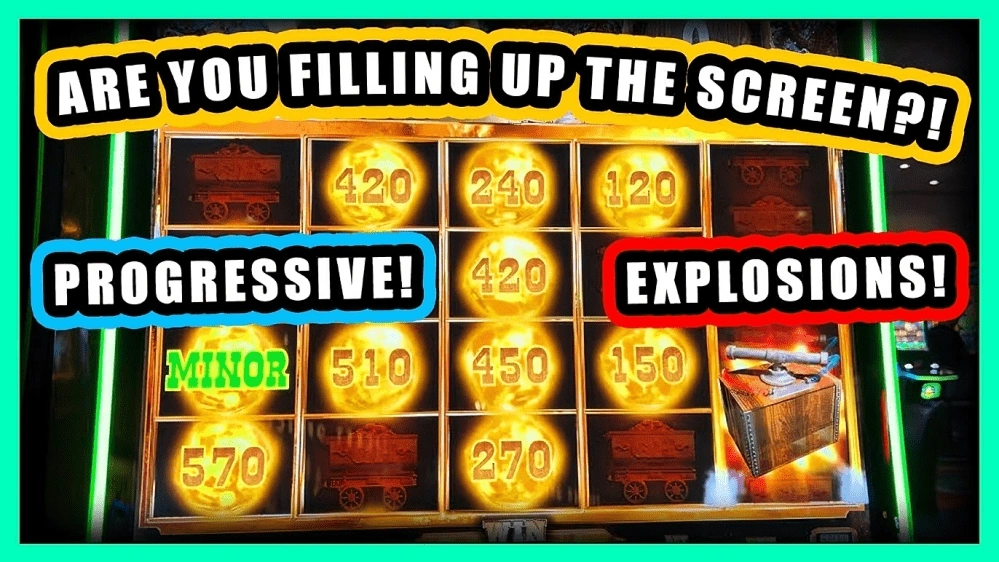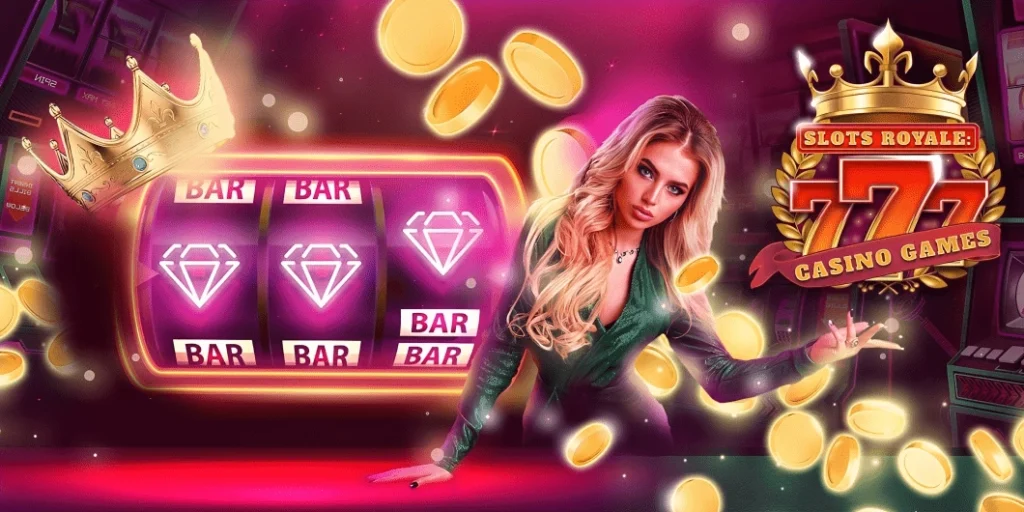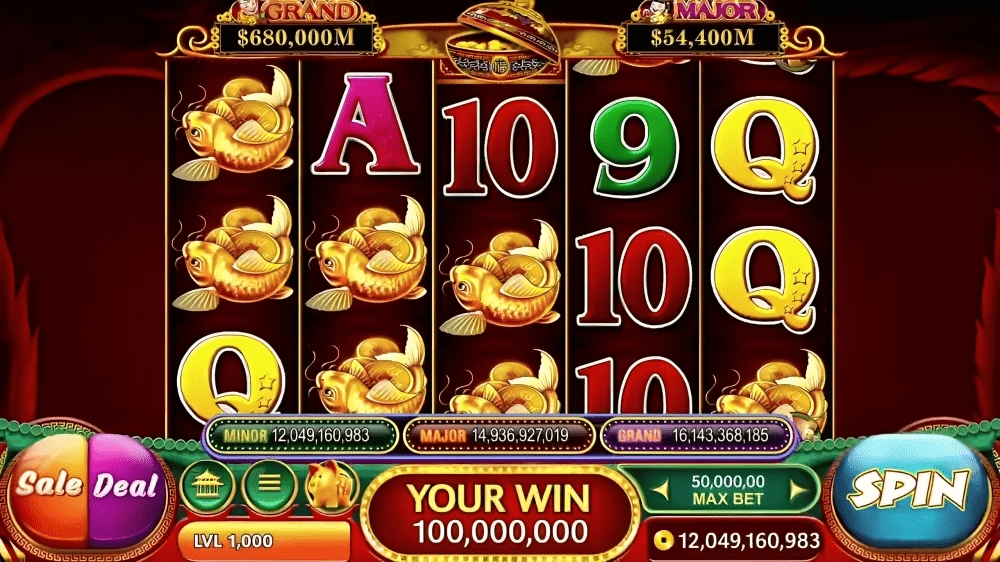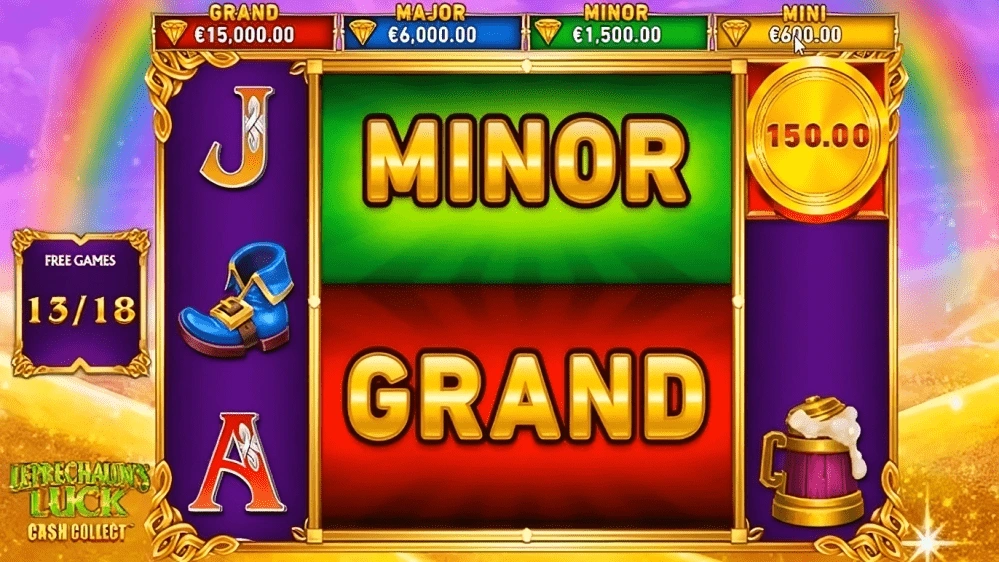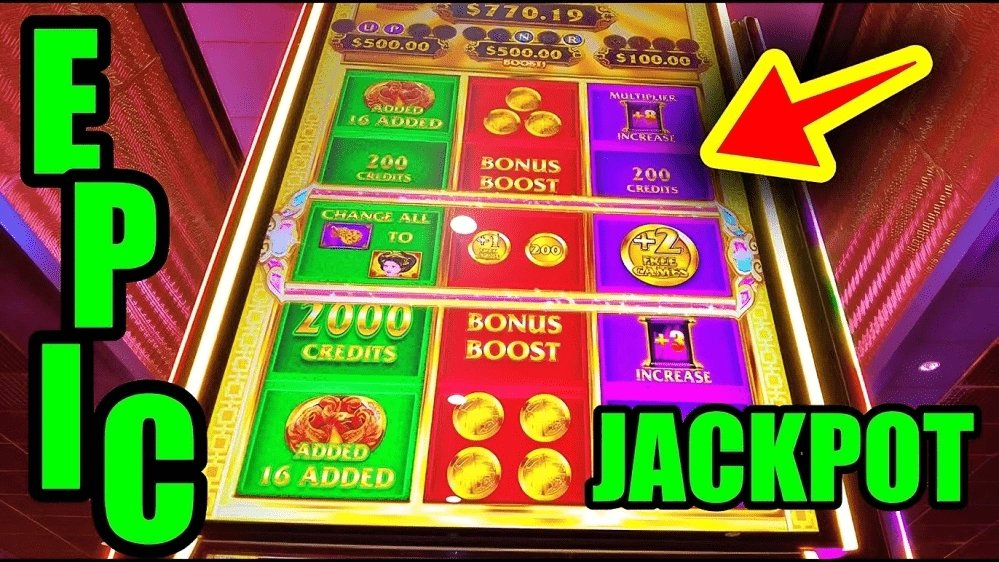The Power of PlayStation: Why Its Best Games Continue to Inspire a Generation
When we talk about the world of gaming, few names command as much respect and nostalgia as PlayStation. For nearly three decades, Sony’s console line has not only delivered groundbreaking technology but also some of the best games ever made. From cinematic masterpieces raja slot to genre-defining adventures, PlayStation has consistently pushed gaming to new artistic and emotional heights. Its influence extends beyond consoles to handheld devices like the PSP, each contributing a unique chapter to this ongoing legacy of innovation.
What sets PlayStation apart is its unwavering focus on quality storytelling. The best PlayStation games are not just about graphics or gameplay—they are experiences that stay with you long after the credits roll. Titles such as The Last of Us, Ghost of Tsushima, and Bloodborne have proven that games can be as emotionally compelling as any film or novel. Every generation of PlayStation builds upon this tradition, using cutting-edge hardware to support creative visions that captivate millions worldwide.
However, PlayStation’s story wouldn’t be complete without acknowledging the PSP. When it launched in 2004, the PlayStation Portable revolutionized gaming mobility. It allowed players to take console-quality adventures anywhere, proving that handheld gaming could be just as immersive. PSP games like Crisis Core: Final Fantasy VII, Resistance: Retribution, and God of War: Chains of Olympus showcased impressive graphics and deep narratives that rivaled those on home consoles. The PSP wasn’t just another gadget—it was a bold step forward in making PlayStation’s world portable.
The PSP’s success stemmed from more than its technology; it was about accessibility and freedom. It catered to a generation that wanted entertainment without limits. The ability to watch movies, listen to music, and play the best PlayStation games on one compact device was revolutionary. The PSP became a cultural touchstone, influencing how we think about portable gaming today. Its library remains one of the most diverse and innovative in gaming history, balancing blockbuster hits with creative indie gems.
Fast forward to the present, and the PlayStation 5 continues to uphold the brand’s legacy. With powerful hardware and groundbreaking features like ray tracing and haptic feedback, modern PlayStation games immerse players like never before. Yet Sony also understands the value of nostalgia. Many of the most beloved PSP games have found new life through digital re-releases, ensuring that players can relive their favorite handheld adventures alongside the latest PS5 titles.
In essence, PlayStation’s continued dominance comes down to one thing: connection. Whether through epic console sagas or portable PSP adventures, it creates emotional bonds between players and worlds. The best games are those that inspire, challenge, and move us—and no platform has done that more consistently than PlayStation. Its legacy isn’t just about technology; it’s about the magic of play and the memories we create with every story told.

